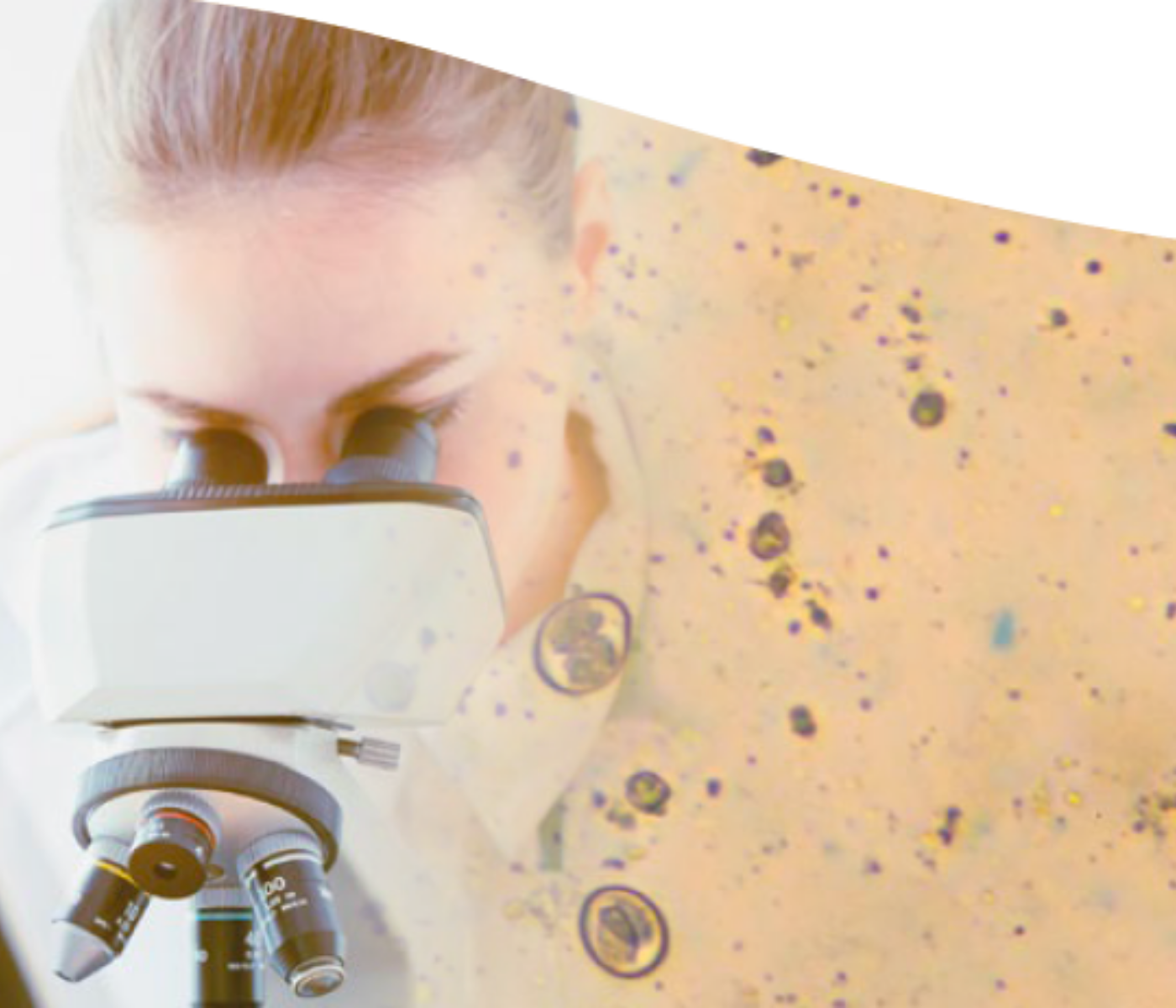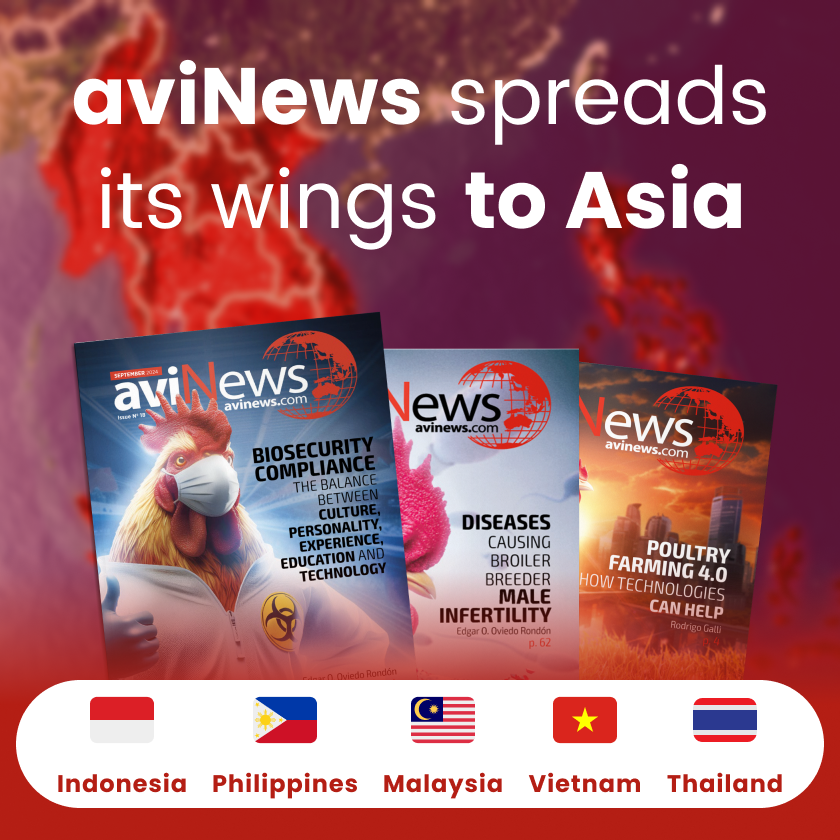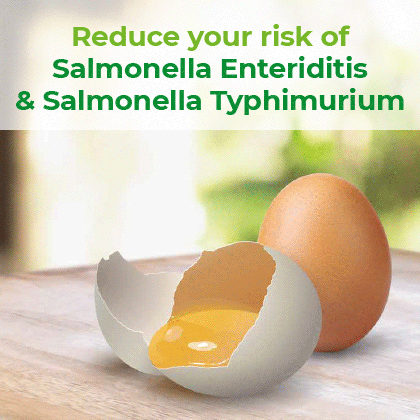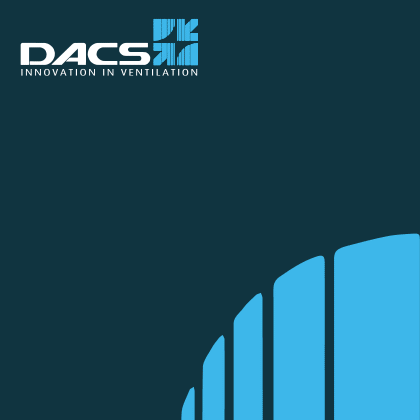Coccidiosis is the most prevalent and costly parasite disease for the poultry industry worldwide. It could trigger most gut health issues of concern for poultry producers. Therefore, natural alternatives to control this parasite are important.
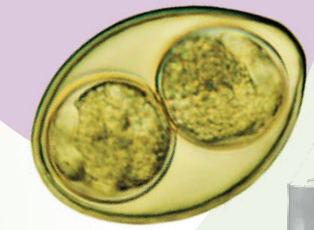
A modeling exercise conducted by a group of experts led by Dr. Damer Blake from the British Royal Veterinary College and published last year estimated the global costs of coccidiosis in more than USD 14.05 billion at prices of 2016.
Eimeria may cause disturbances in the gut epithelium and mucosa that:
![]() Aggravate intestinal dysbacteriosis
Aggravate intestinal dysbacteriosis
![]() Impair nutrient absorption
Impair nutrient absorption
![]() Influence wet litter
Influence wet litter
![]() Cause enteritis, and
Cause enteritis, and
![]() Initiate necrotic enteritis
Initiate necrotic enteritis
The coccidia control methods include:
![]() biosecurity
biosecurity
![]() chemical and ionophore coccidiostats
chemical and ionophore coccidiostats
![]() live non-attenuated anticoccidial vaccines,and
live non-attenuated anticoccidial vaccines,and
![]() phytobiotic products that are becoming more popular
phytobiotic products that are becoming more popular
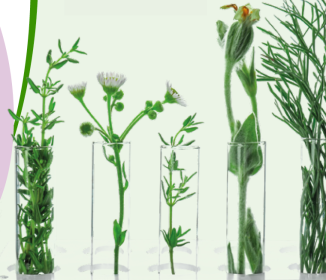
However, many of them may not meet this condition since the active compound is already produced by industrial chemical processes.
Many companies have adopted integrated control programs. These programs include a combination of:
>> coccidiostats
>> immunoprophylaxis
>> botanical products
>> pre and probiotics
>> improved biosecurity
>> better poultry house ventilation
>> water acidification
>> leakage-free water systems to provide a drier litter
Ionophores are natural metabolites of fungi species. Ionophores include monensin, lasalocid, salinomycin, narasin, semduramycin, or maduramicin. It is well known that some Eimeria strains have gained resistance to some of the existing ionophore coccidiostats.
![]() However, adequate shuttle or rotation programs still allow the successful application of these products in most places.
However, adequate shuttle or rotation programs still allow the successful application of these products in most places.
![]() However, in some countries, the government includes some ionophores as antibiotic growth promotants, and consequently, this may limit its application in production systems that claim to be free of antibiotics.
However, in some countries, the government includes some ionophores as antibiotic growth promotants, and consequently, this may limit its application in production systems that claim to be free of antibiotics.
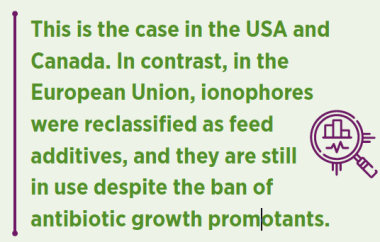
Chemical coccidiostats do not have known antibacterial activity and are not used in human medicine.
![]() These characteristics make them ideal for poultry antibiotic-free production. Each chemical product has a unique way of
These characteristics make them ideal for poultry antibiotic-free production. Each chemical product has a unique way of
Keep up to date with our newsletters
Receive the magazine for free in digital version
REGISTRATION
ACCESS
YOUR ACCOUNT
LOGIN
Lost your password?

